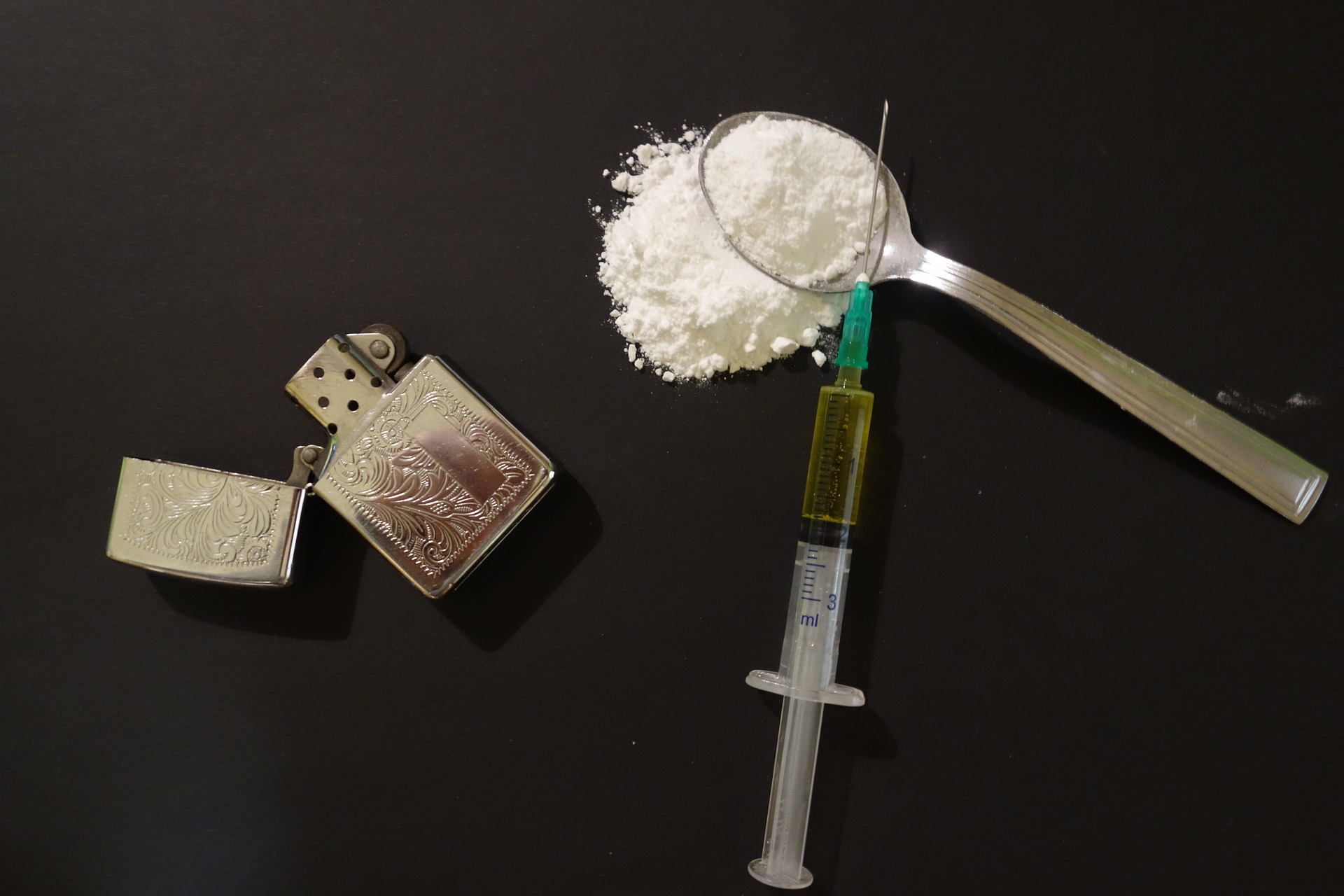
Substance addition of any kind can be one of the most difficult challenges that a marriage can face. Addiction is one of the most common reasons why marriages end in divorce, so it’s important to address this situation with your spouse. Learning how to cope and respond to your spouse’s addiction issue can help you heal both your marriage, your household and yourself as well.
Whether it’s illegal drugs, alcohol or prescription medications, a spouse suffering from substance abuse needs the love and support of their partner to get through this dark time. It’s also important to make sure that you don’t develop dangerous habits as you go through this situation such as decrease communication patterns, anger management issues, mismanaging finances, parenting problems, mental health issues or a lack in problem-solving skills due to your spouse’s addiction problem.
Here are ways that you can address the addiction with your spouse and start to take control of your life again.
Encourage Your Spouse to Seek Treatment
Encouraging your spouse to seek treatment is imperative to their addiction recovery. Depending on the type of addiction, your spouse might need to enter a rehab or detox program. You may also need to give your partner more time to attend recovery meetings or counseling. Fortunately, such facilities are located across the country, from drug and alcohol rehabs in Savannah, GA to opioid addiction treatment centers in Oakland, CA, making it relatively easy to get help. Don’t be surprised if appeals for your spouse to seek treatment are rejected multiple times. Don’t give up. Keep trying.
Controlling Your Reactions
It’s important to learn how to control your own reactions during the road to your spouse’s recovery. Negative communication patterns can become a habit among couples when dealing with a spouse’s substance abuse. Learn how to manage your own emotions and mindset to avoid fighting with your spouse or lashing out. Experts recommend positive reinforcement of your spouse instead of begging for the addiction to stop or fighting about it. Positive reinforcement includes spending quality time with your spouse when they are sober as well as refusing to spend time with them when they are impaired.
Explaining to Children
If you have children of any age, it’s important to explain to them the situation in an informative and judgment-free way. Your children will inevitably be involved in the process of your spouse’s recovery, so making sure they understand that they should not do any finger pointing or blaming which is key to create a healthy recovery environment at home. A parent in rehab can be an even tougher situation to deal with, but informing your kids in a gentle way is important.
Healthy Activities
Finding healthy activities for yourself is important to build your emotional and mental resilience as you are going through this difficult time. You can spend time with friends and family or participate in other hobbies. Focus on your own well-being in addition to that of your spouse. It’s also important to find healthy activities that you enjoy to do as a couple and as a family as well. This will help keep the love and romance alive in your marriage over the long-term as your spouse is recovering from their addiction. Doing healthy hobbies together will also help to tighten your bond and rebuild your marriage.
Seeking Support for Yourself
Dealing with your spouse’s addiction can feel overwhelming and isolating. Seek support for yourself from people who understand your situation. There are support groups that you can join to talk to other people going through a similar situation, or seek professional therapy to make sure that you are keeping a healthy mindset. Your use of professional counseling can also be an inspiration to your spouse so that they will take their recovery seriously.
Image: Pixabay
from Parenting Tips and Advice at Uplifting Families http://ift.tt/2Dq3XdL
No comments:
Post a Comment